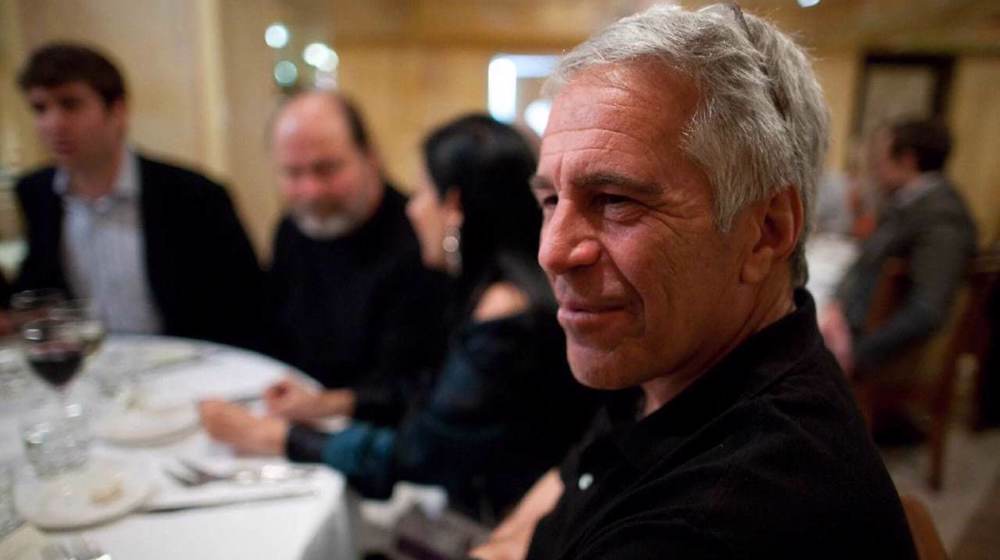Horror of disintegration haunting UK
By Jane Calvary, investigative journalist
These days when Britons think about the new parliament and its agenda in the upcoming months, they often have in mind the European Union and Britain’s future in the Union. But under the skin of the British establishment, political elites are more focused on a different union: The union among the English, the Welsh, the Scots and the Irish in a land commonly known as the United Kingdom of Britain and Northern Ireland.
A fierce battle 700 years ago in June 1314 inspired many Scots in 2014 to push for Scotland’s independence and secession from Britain. Pro-independence Scots lost the bloodless battle raging in their very own cities and streets and failed to vote for independence. But seven centuries later, the war was far from over. Scots put another long step forward in the General Election 2015 and send 56 SNP MPs to the heart of British politics in London in a bid to fight for the Scottish nationalism. The new parliament is formed, and an uncompromising struggle by the British establishment to keep Britain united is under way.
Prior to the General Election, British Prime Minister David Cameron had pledged that his party will set out proposals for a new so-called English-only voting plan within 100 days of taking office. Now he is pushing for the plan which is dubbed as “English votes for English laws,” or “Evel.”

“Evel” is, in fact, an updated version of the so-called West Lothian Question, which was first coined in 1977 by Conservative MP Enoch Powell. It will reduce the voting rights of the Northern Irish, the Welsh, and the Scottish MPs. According to the plan, laws that affect England and English people should be passed with the consent of English MPs only. This technically means that other MPs should not make decisions on matters that are solely to do with England. This involves issues such as the education system and healthcare. Effectively, Scots, Welsh, and Northern Irish MPs will be barred from having a role in English bills. Also, English MPs will have a greater say over early readings of Bills after which all MPs will be able to vote. English MPs will also have a veto power over certain legislations.
Many political observers believe that the plan is mainly aimed to suppress SNP MPs’ power in Westminster. SNP MPs have already reacted to the plan labeling it a systematic breach of “Westminster’s centuries-old fundamental principle” that all members of the House of Commons “are equal.” The party leaders have accused the all Tory government of “rushing through” plans to reduce the influence of politicians from the north of the border. They have warned that the move will bring massive constitutional crisis, threatening that the party will accelerate demands for full tax and spending powers for Holyrood, giving Scottish capital a full control over the country’s money. But SNPs are not the only group angered by Cameron’s proposed plan. Labors also have serious reservations about “Evel.”
Former Prime Minister Gordon Brown has warned that “the Conservatives’ decision to play the “English card” could unravel the three centuries old Union.”
Calling the Tory plan as “insidious approach to divide England and Scotland,” Brown argues that pro-independence Scots will cease the opportunity to further their goals while London is showing that it has given up to keep the country united.
The implementation of the controversial plan will be a long step towards disintegration of the United Kingdom. Both Tories and SNP have already intensified their sectarian war of words demanding a systematic separation of MPs representing two countries in Westminster.
Such nationalist sentiment will sooner or later be transferred to the society and nationalist ideas on both sides of the border, and will accelerate Britain to become divided.
Cameron’s divisive plan is seen by non-English MPs, and particularly SNPs, as a backdoor stitch-up just months after a Scottish referendum. Such move will galvanize Scottish people and Scottish nationalism, particularly after many Scots, are already dismayed from London not fulfilling its devolution promises.
Prior to the Scottish referendum in September 2014, reports suggested that the growing prospect of the secession of Scotland from the United Kingdom had sparked what was called a “ great deal of concern” for Elizabeth II. Queen’s peace of mind after “yes campaign” defeat did not last long. The new struggle just in a walking distance away from her palace is back to haunt her. But that would not be her only concern in regards to keeping the island united.
“Evel” will inevitably bring a new wave of technical questions that themselves could turn to new irreconcilable differences between the nations in the Union.
For example if English MPs deem to cut education, health care or policing spending in England there would be a direct impact on the spending in Scotland, Wales or Northern Ireland. In practice, it would be very hard to determine what exactly is an English law. This situation will radicalize the political atmosphere even more. Cameron is trying to right off SNP from the parliament, but the consequences of such policy could be writing off Westminster as the House of Commons of the United Kingdom.
For centuries, Britain’s rulers have resorted to the old policy of divide and rule among other nations in a bid to weaken the targets and advance their imperialist agendas. Now the vicious policy is the bouncing back, and the horror of disintegration is haunting Britain herself.
JC/MKA
ICE secretly deports Palestinians in Trump ally's private jet to Israel: Report
VIDEO | Press TV's news headlines
IRGC captures nearly a dozen PJAK terrorists in western Iran
Iran, Qatar say keeping regional peace is shared responsibility
AFC Futsal Asian Cup 2026: Iran lifts championship trophy for 14th time
VIDEO | Trump’s Iran strategy: All bluster, no exit
Netanyahu’s son had violent confrontation with him, ex-bodyguard reveals
US, Israel, booed at Winter Olympics opening ceremony in Milan










 This makes it easy to access the Press TV website
This makes it easy to access the Press TV website